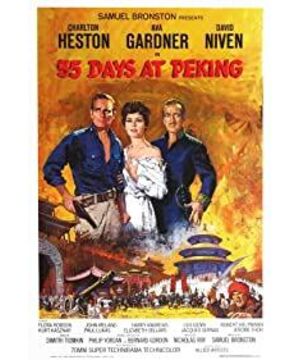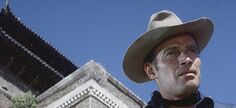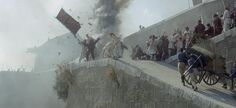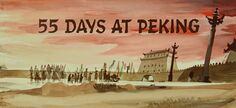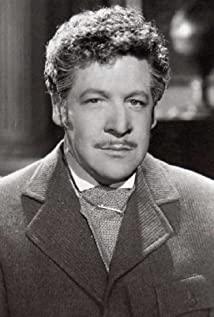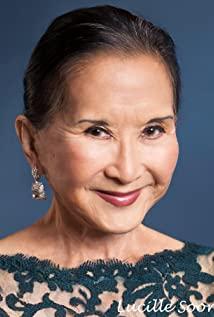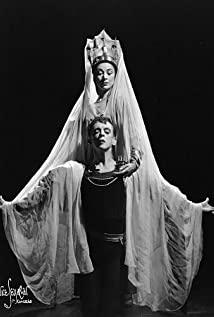The production of the film was very serious. In the 1960s, when it was impossible to come to China for shooting at all, a Beijing city was built in Spain. Whether it's the tall gate tower or the vendors by the moat, whether it's the majesty of the Forbidden City Hall or the costumes of Boxer Boxers, they are all stylish and reliable.
The story tells the story of the diplomatic personnel and a small number of troops from various countries who were besieged in the embassy area before the Eight-Power Allied Forces entered Beijing to resist the Boxer Regiment's offensive desperately. Because it lasted exactly 55 days, so I took this name. For most Chinese people, this is a completely new perspective different from middle school history textbooks. That is quite different. This difference does not mean standing on the opposite side, but more like standing at a slightly away angle.
At the beginning of the film, the occupation of China by the great powers was not avoided. In Beijing, the flags of various countries were blowing in the wind, and their national anthems were played one after the other. At a food stall by the moat, the two people talked like "What kind of noise is this?" "This is the same sentence in different languages, and we want to carve up China." However, the Boxers' persecution of missionaries was cruel and bloody. The film did not evade the differences between the positions of the two sides, nor did it vilify or demean, and there seemed to be no bad guys in the whole incident. One is to expel foreigners from the carve-up of China, and the other is to protect the safety of the diaspora and the legitimate rights and interests of diplomacy and trade.
Although played by the British, Empress Dowager in the film is the most surprising character. Facing the complicated situation, she was determined to fight against Prince Duan's main battle and Ronglu's peace. This is the Queen Fan Er who truly shows the decisiveness of a female politician and the majesty of the supreme ruler of a big country. It is more positive and shocking than all the works that describe Cixi by the Chinese themselves. At the end of the film, when Cixi disguised as a peasant woman bids farewell to the throne, what she says is "Water can carry a boat and it can overturn it". This is the regret of a leader who made a wrong decision. She knows this is inevitable. Brings the destruction of the dynasty, but it is irreversible. Our culture is probably quite unfamiliar to female politicians, so we can photograph Mi Yue as Zhen Huan. Moreover, when can we show the leader of an enemy country so objectively? Or maybe we take the position issue too importantly, so that we have repeatedly lost our minds.
Calvino said in "The Baron on the Tree" that anyone who wants to see the world clearly should keep the necessary distance from it.
View more about 55 Days at Peking reviews


